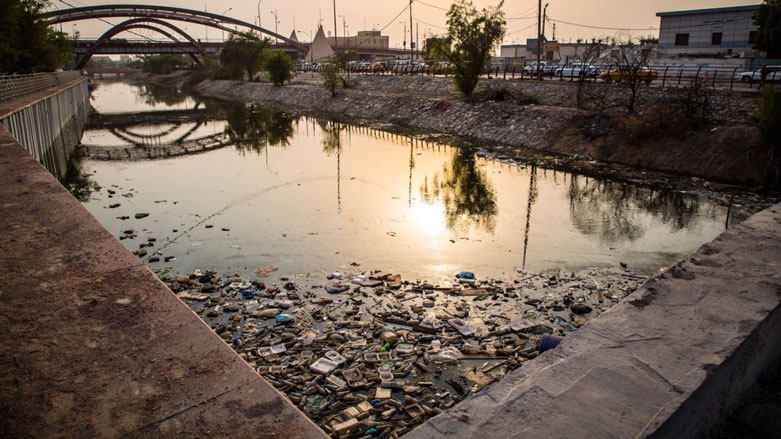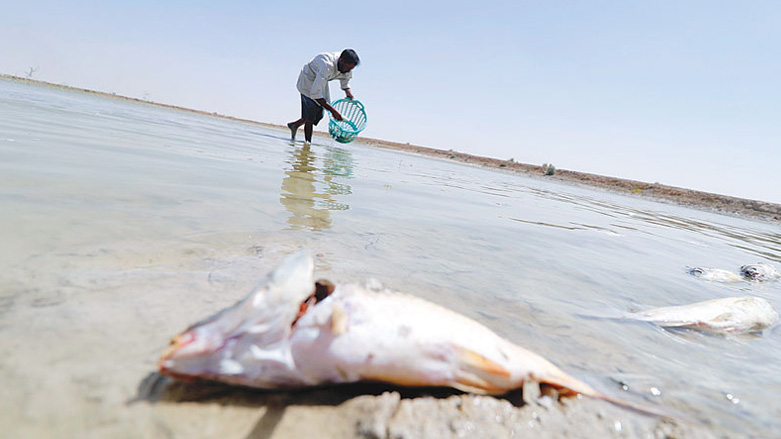Protests a natural result of life in Basra, more expected: Report

ERBIL (Kurdistan 24) – After a fact-finding mission in Iraq’s southern city of Basra, a humanitarian aid organization calls the recent social unrest there a clear outcome of the province’s chronically poor standard of living.
According to a report the Norwegian Refugee Council (NRC) released on Tuesday, mass demonstrations that took place over the summer were the “product of the intersection of longstanding grievances towards political corruption, government neglect and unemployment, as well as the socioeconomic impact of a chronic water crisis.”
The report highlights recent UN figures that put 16 percent of the province’s population living below the poverty line with an average wage of only $2.50 per day. Youth unemployment stands at around 18 percent, which the NRC points out is substantial given the fact over half of the population in Iraq is under 24 years old.
The demonstrations began on July 9 in Basra and spread to several other provinces in southern and central Iraq, including the capital Baghdad.
In addition to improved public services, protesters demanded that the Iraqi government end widespread institutional corruption, a common complaint among the citizenry of a nation that is oil-rich, but with institutions functioning well below standards of more developed nations.
Emboldened by anger at the deaths of several demonstrators at the hands of militias or security forces in August and early September, and after thousands of residents had been hospitalized for drinking impure water, the people of Basra poured into the streets, setting fire to several political party offices, government buildings, and the Iranian consulate.
“While the most recent developments have not resulted in significant displacement patterns in a short period of time, displacement and migration seems to have been occurring at a gradual pace and unrelated to a singular event,” Tuesday’s report read.
It went on to warn that if protestors’ complaints are not addressed adequately, the Iraqi government should expect more popular tumult.
“In the past weeks, frequency and intensity demonstrations against local authorities have been on the rise despite some budgetary re-allocations and infrastructure projects announced by the federal government, signalling a strong chance that the situation will deteriorate further.”
According to NRC, other important factors include the “reduction in the water flow to Iraq’s marshlands” that has “also contributed to migration from rural areas to the cities, heightening competition over jobs in the cities of southern provinces.”
The reported also noted that “tribal dynamics” shaped the “allocation of jobs in the oil sector in Basra, fuelling further resentment and competition over employment opportunities.”
Editing by Karzan Sulaivany


